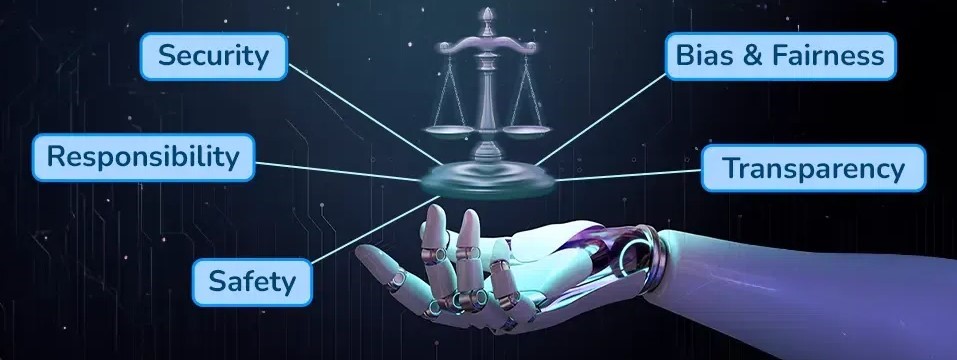
The signing of the Framework Convention on Artificial Intelligence by the European Union, the United Kingdom, the United States, Israel and other countries in recent time represents an important landmark in the search for efficient and sustainable global governance of AI.
It’s a declaration on how the world is going to use or harness this reasonably new powerful technology known as Artificial Intelligence (AI) to empower man rather than the other way round.
New technologies may seem harmless, essentially, but from facial recognition systems interfering with privacy to machine learning that amplifies injustice, the cost is high. Hitherto, there is no harmonious set of rules that govern AI across the globe and this has fostered a string of national laws that lack the capacity to adequately address the transnational nature of AI.
This structure of broken development silos forms a large loophole, one in which ethical integrity is not given a chance in exchange for technological advancement. The Framework Convention comes in to provide a comprehensive legal structure to protect human rights, democracy and the rule of law, besides promoting innovation. This is also a good balance – sure, the use of technology should not be limited but the society has to ensure that development is in the right direction with most of the technologies promoting ethical usage.
The Convention provides a set of recommendations for the AI development that involves the acknowledgment of human beings’ value and the principle of non-interference with people’s rights and freedoms. To this I say that there is the argument for explainability where one has to state why an AI made a specific action and where these systems have the potential to change people’s lives as seen in healthcare and criminal justice. Furthermore, the Convention also considers prejudice in self-education system thus calling for fairness in the development of AI. Its focus is on the ethical treatment towards animals as well as the encouragement of standards and innovation with the main purpose of improving the general living standards and research progress.
What is more important is that the Framework Convention has the air of international cooperation. It was agreed to by many countries, all of which realised that AI is not a regional issue. Such a partnership is necessary, as AI has an impact on every country; and thus its pros and cons must be resolved only collectively. The openness of the treaty to have more parties sign and join the treaty is also important as this allows other regions and cultures to bring their opinions into the table, thus strengthening the framework and making it fair.
Yet, challenges remain. Ratification of the treaty needs at least five parties and three of them should be the members of the Council of Europe – hence, a difficult task due to political implications. Besides, the outlook, applicability and resource allocation required in the implementation of the treaty shall be areas of concern with the continued development of AI technologies. It means that actions which are ethical at present may become unethical with advancing technology, which shows the need to have a progressive framework of ethical conduct.
The Convention on Artificial Intelligence is a significant achievement in regulating AI at the international level since the development has to be accompanied by its ethical use. Hence this treaty is a roadmap on how the integration of AI in societies should uphold human rights as well as aspects of transparency and accountability. The journey has just begun. However, the spirit to act and adopt the proper approach to governance can serve to achieve the best with AI.
—
The writer is a PhD Scholar (SPIR-QAU) currently serving IPRI. She can be reached at akhtarnoureen26@gmail.com





